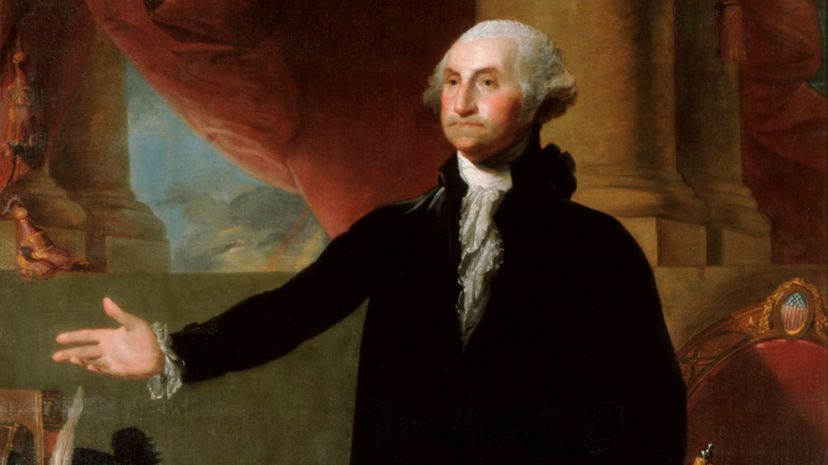
About This Quiz
Gone are the days when Millard and Grover and Rutherford and Chester were popular boy's names, but U.S. presidents live forever, so you've probably heard those names uttered at some point in your life. For the 44 members of one of the most powerful and exclusive fraternities in the world, last names are everything. They get elected based on their last name, they get referred to by last name and they will go down in history known by their last name.Â
Take the examples of Jackson, Monroe or Madison. These names are immortal in American history. It's nearly impossible to visit a state in the country that hasn't erected a memorial to at least one of them, if not all three. The Monroe Doctrine is famous. Madison Square Garden is famous. The capital of Mississippi (Jackson) is famous. What isn't famous is the first names of these guys. Do you know them?
It's really hard to name all the U.S. presidents. Some served in office for just months or even weeks and have largely been forgotten. Others did such a bad job they wish they were forgotten. Nevertheless, if you're American, you should know the leaders of this country. The nation isn't even 250 years old, and there have only been 44 presidents over the course of 45 presidencies. See if you can match the first name to all these U.S. presidents.
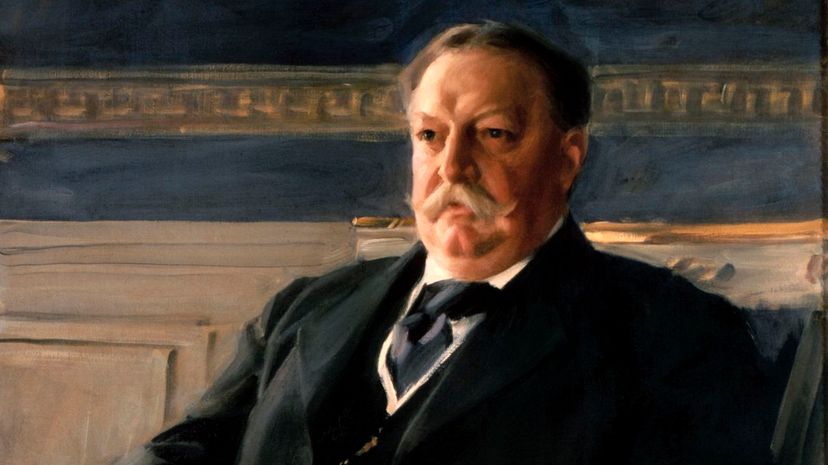
William Howard Taft served one term as the 27th POTUS, and in 1921 he joined the Supreme Court as the chief justice of the United States. Nobody else has ever served as president and chief justice in their lifetime.
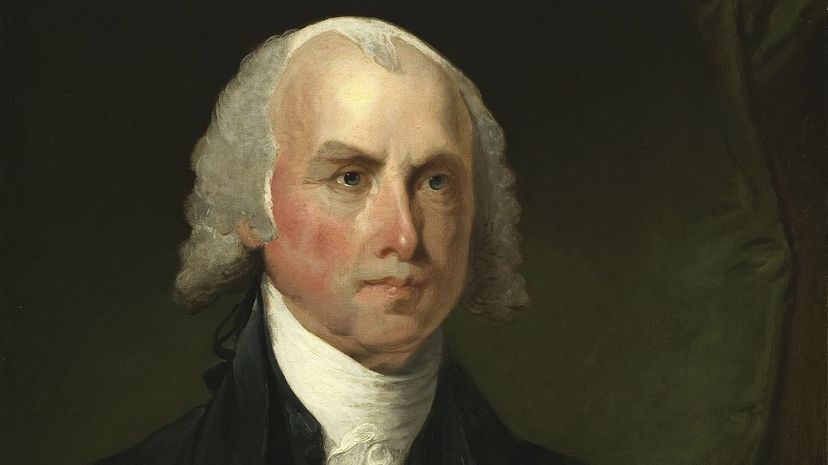
James Madison was the fourth U.S. president, one of the country's Founding Fathers and is known as the Father of the Constitution. He was also a main author of the Federalist Papers. He's immortalized in countless memorials across the country and even has a university named after him called James Madison University.
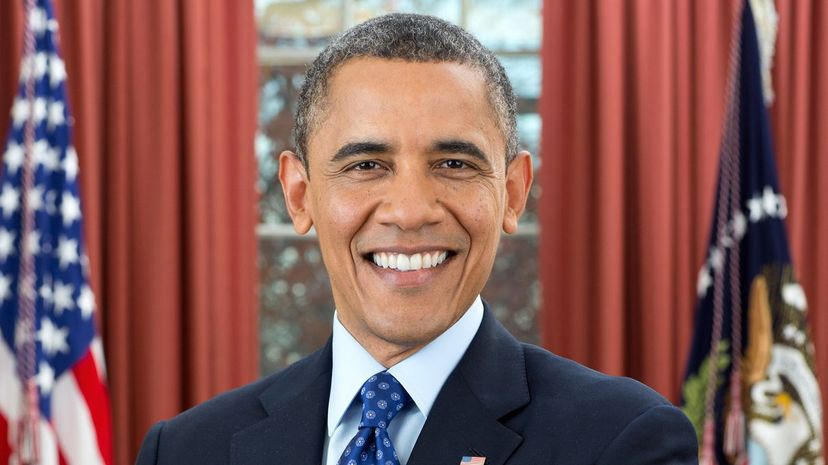
The impossible became possible in 2008 when Barack Obama defeated John McCain to win the presidency. His landmark legislation was the Affordable Healthcare Act, which came under fire as soon as it was passed.
Advertisement
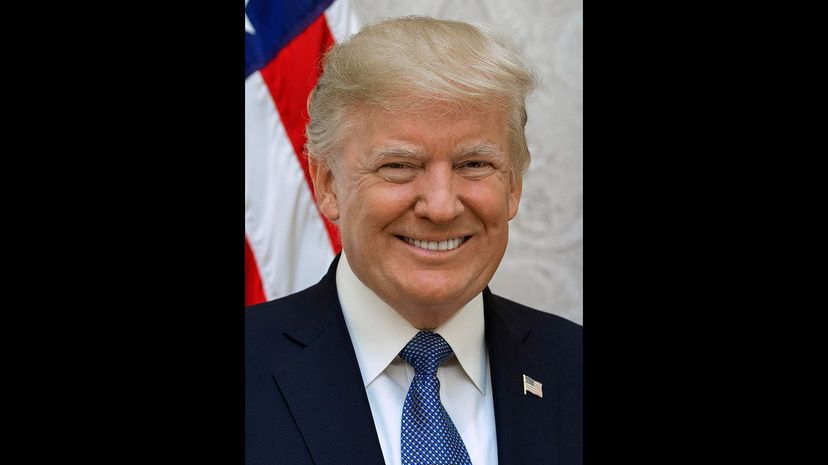
Donald Trump held a mock campaign rally in response to discovering that NBC was paying him less than a fellow television star, and that campaign rally gained so much traction that he actually ran for president and became the first president who had never served in a government office or the military.
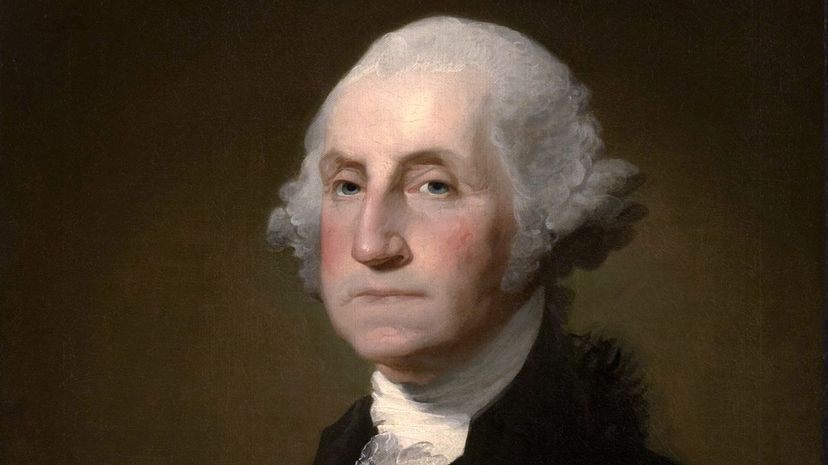
The country's first president isn't known for passing landmark legislation but is known for setting an important precedent. He chose not to serve a third term even though he easily could have, and he established the practice of creating a presidential cabinet.
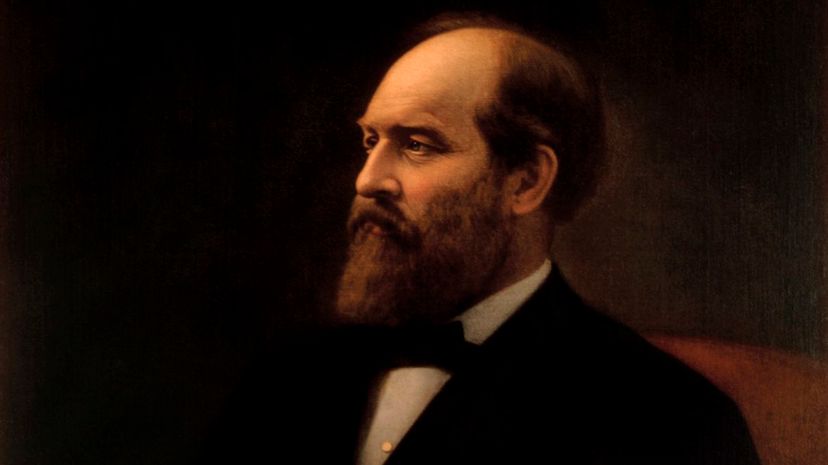
Less than 20 years after the assassination of Lincoln came Garfield's assassination. He was shot by a disgruntled citizen who believed he should've been rewarded a government seat. The shot killed Garfield just months into his presidency.
Advertisement
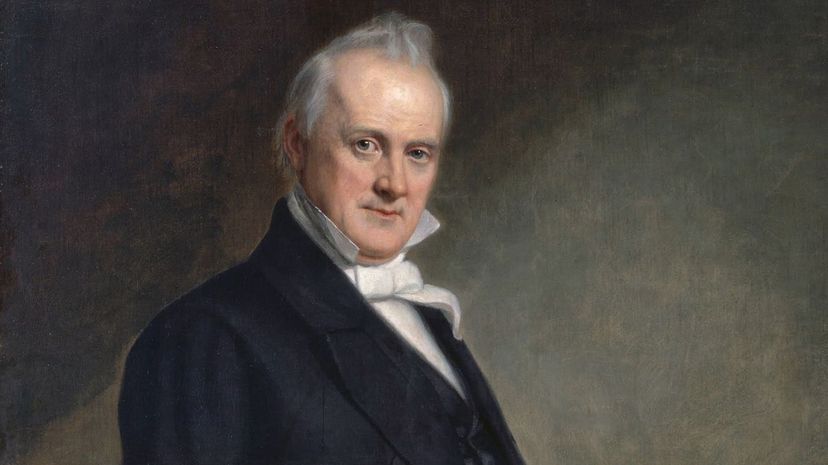
If you can't imagine a U.S. president refusing to take a stance on slavery in the mid-1800s, you're not alone, but it really happened. Buchanan's lack of leadership hasn't helped his legacy age well, and he's regularly listed as one of the worst presidents.
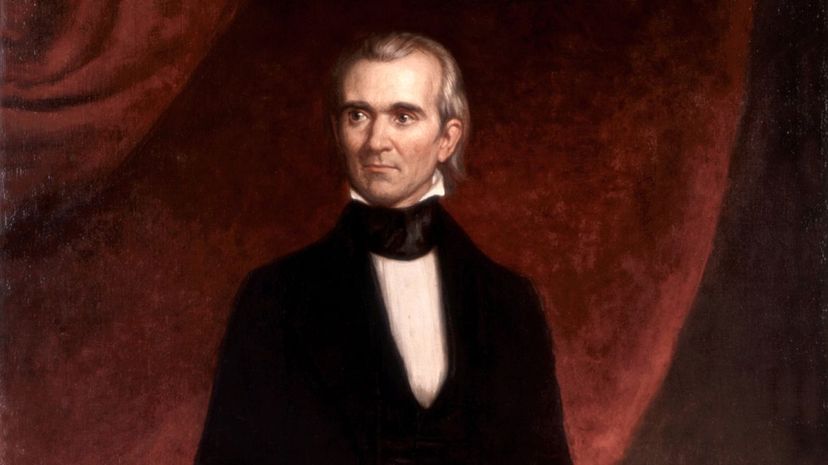
James Polk doesn't get listed among the top presidents when discussing politics, but he did oversee the nation as it expanded through Texas and Oregon and finally reached the West Coast. He also started a war with Mexico and bought slaves as president, which doesn't help his legacy.
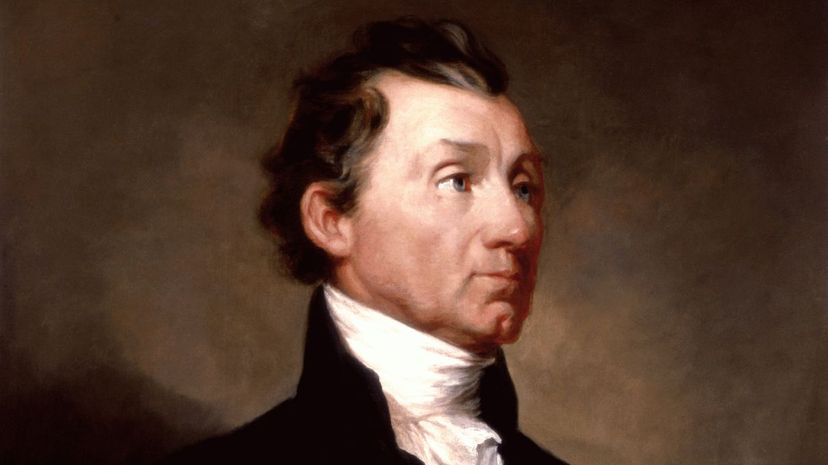
The Monroe Doctrine was a major piece of foreign policy that said the U.S. would not interfere with European colonies as long as European colonies didn't interfere in North or South America. It helped many South American countries keep independence from Spain and Portugal.
Advertisement
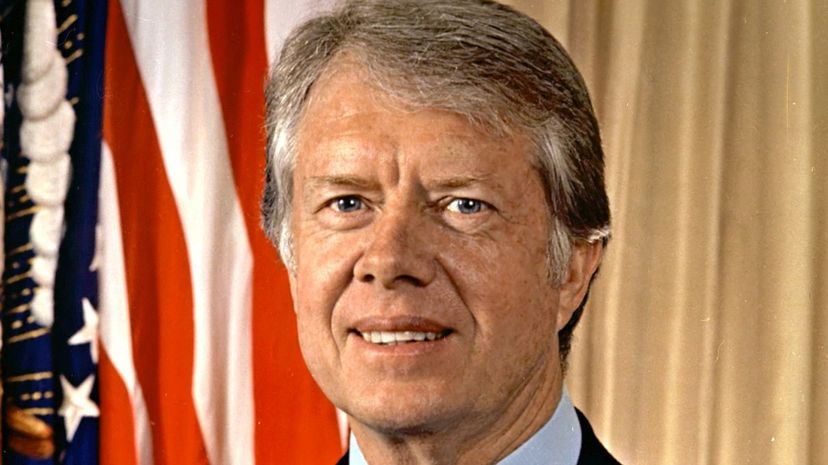
James is the most popular name for U.S. presidents, and there have been six of them in the country's history. James "Jimmy" Carter served one term as president from 1977 to 1981, but couldn't beat Ronald Reagan to win re-election.
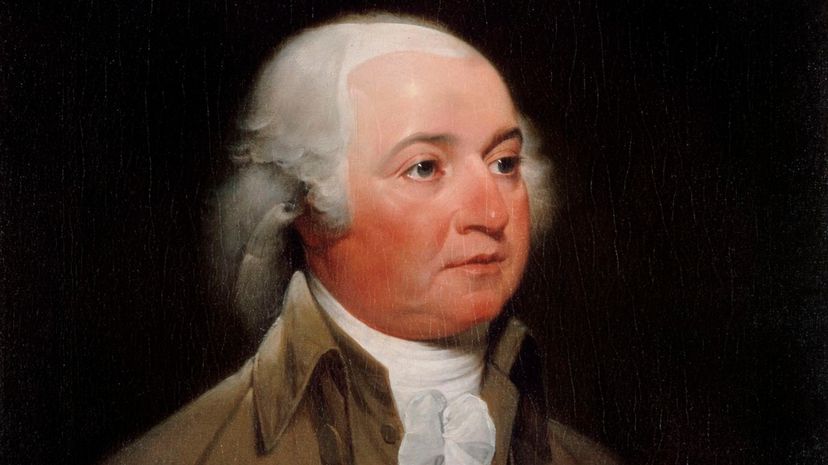
Once George Washington revealed he wouldn't seek a third term, all hell broke loose, but John Adams eventually became president without doing any campaigning. Thomas Jefferson received the second most amount of votes, and as was the case back then, became vice president.
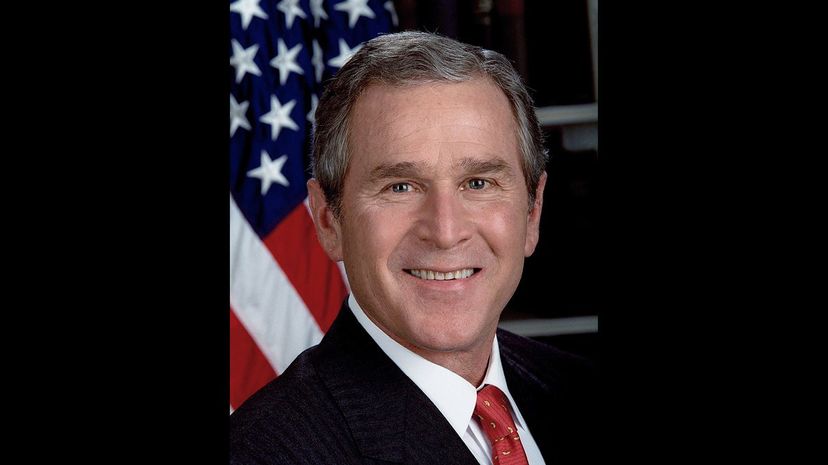
History has drastically changed George W. Bush's legacy in just a few short years. It went from rock bottom during Obama's administration to sky-high during Trump's administration. Only time will tell where he ends up on a list of America's leaders.
Advertisement
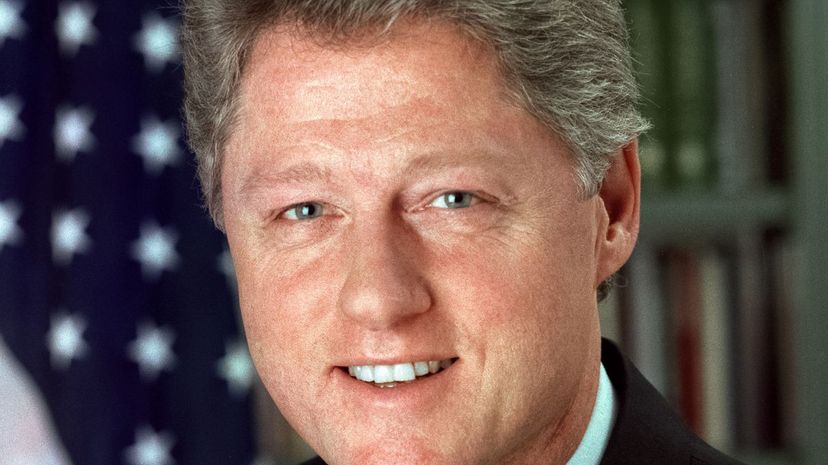
William Jefferson Clinton is commonly known as Bill and is one of the most popular presidents in American history. The charismatic kid from Arkansas will be remembered most for his extra-marital affair with a White House intern.
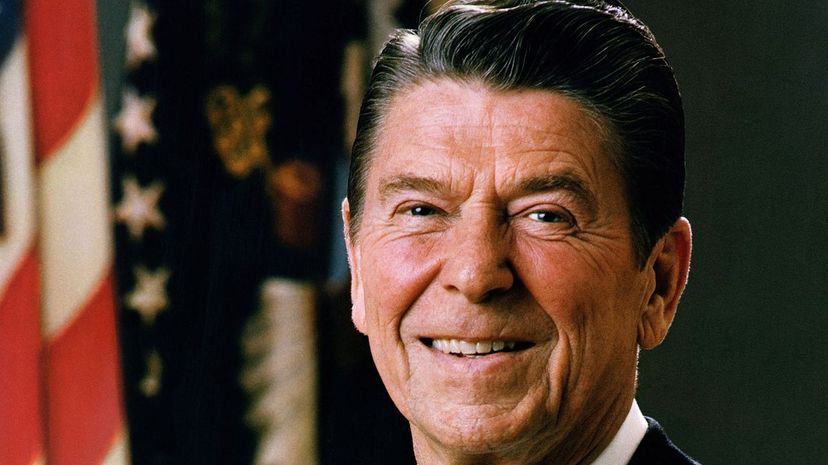
Ronald Reagan is most known for economic initiatives he put in place in the 1980s known as Reaganomics, but he's also the first Hollywood star to become a U.S. president. The 45th POTUS, Donald Trump, was also a TV celebrity before assuming office.
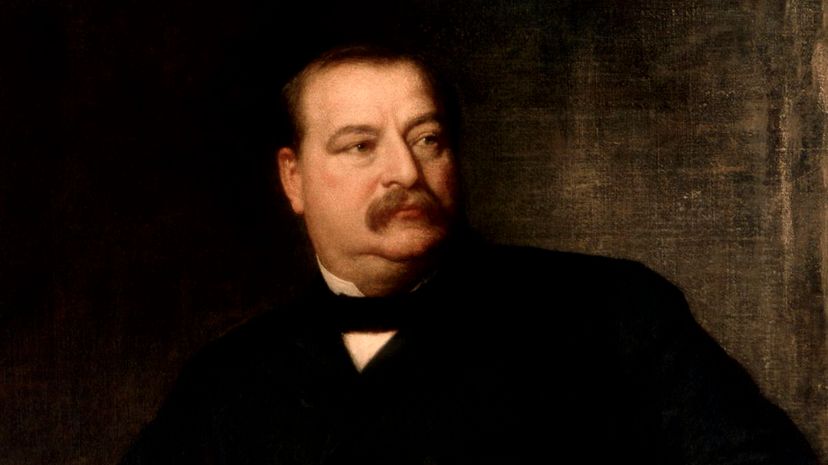
Grover is a first name we don't see much anymore, but President Cleveland will go down in history as the only person to serve non-consecutive terms. Even though we say President Trump is the 45th POTUS, he is really only the 44th president, because Cleveland is counted twice. There have been 44 U.S. presidents and 45 U.S. presidencies.
Advertisement
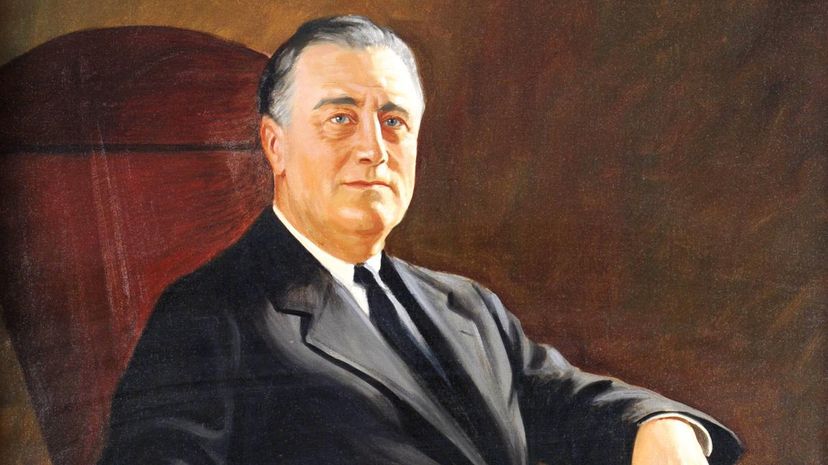
F.D.R. is regularly listed alongside George Washington and Abraham Lincoln as the best presidents of all time. He was elected to four terms but died weeks into his fourth term. He created the New Deal, the G.I. Bill and dug the country out of the Great Depression.
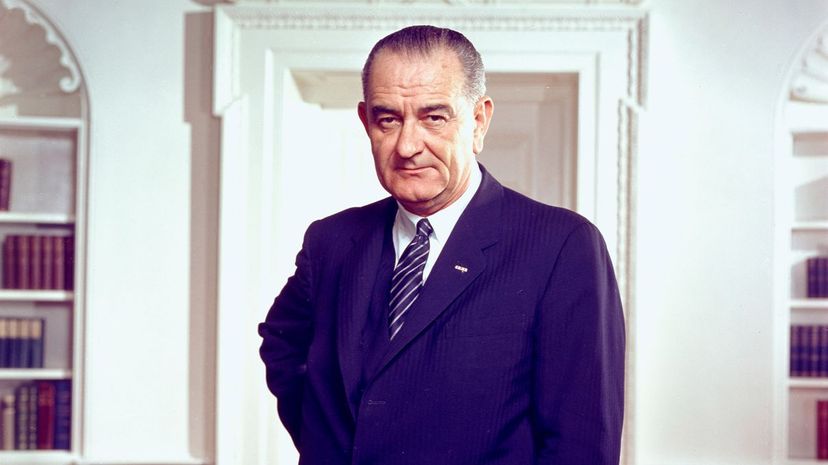
Like J.F.K., Lyndon B. Johnson, J.F.K.'s successor, went by a three-letter moniker: L.B.J. He assumed the presidency following J.F.K.'s assassination and was succeeded by Richard Nixon. He is most remembered for his work with American civil rights and racial inequality.
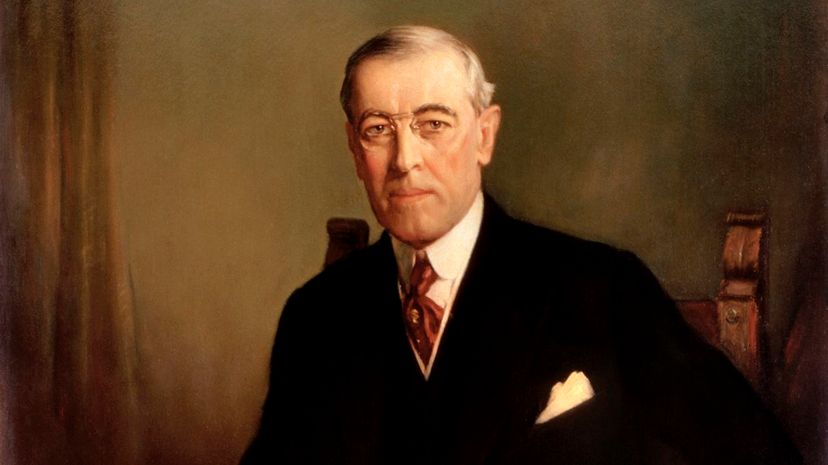
Only J.F.K., George Washington and Thomas Jefferson have more K-12 schools named after them. President Wilson was also the only U.S. president to ever have been a college professor, so it's fitting that so many schools are named after him.
Advertisement
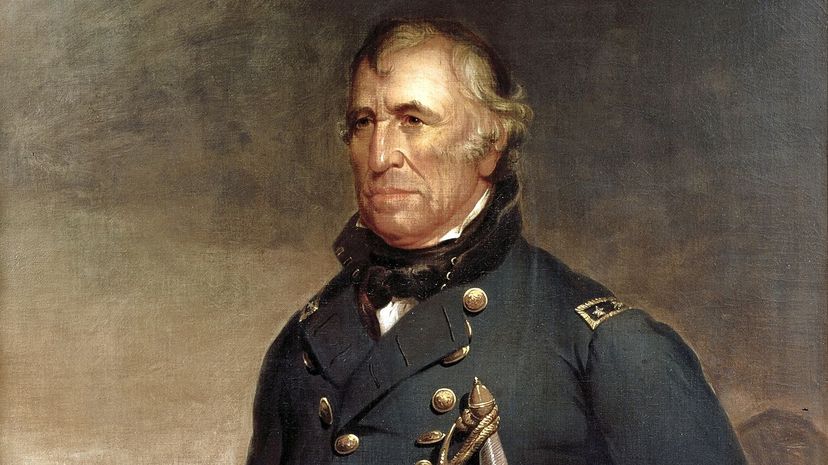
Zachary Tyler was a pure military general through and through and became president solely off of his war hero status. Unfortunately, he died just 16 months into the presidency and never really got to accomplish anything.
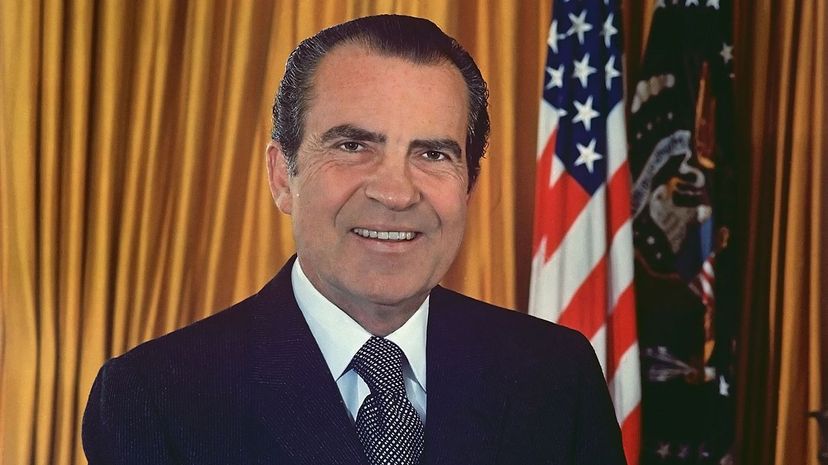
Richard Nixon became president in 1969 and got to say he was president when Apollo 11 landed on the moon. He is most remembered for the Watergate Scandal, which forced him to resign before he could get impeached.
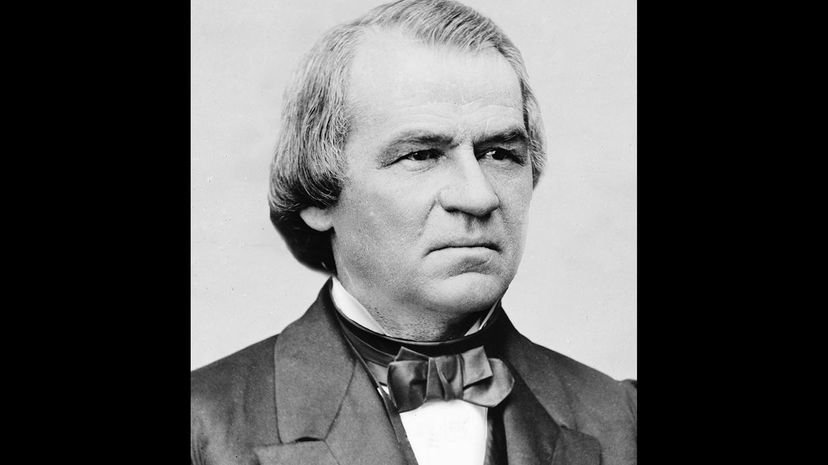
Andrew Johnson was Lincoln's vice president and he assumed the presidency after Lincoln's assassination, but he opposed the Fourteenth Amendment to the U.S. Constitution, which granted citizenship to former slaves. He was the first president to be impeached but was acquitted by the Senate.
Advertisement
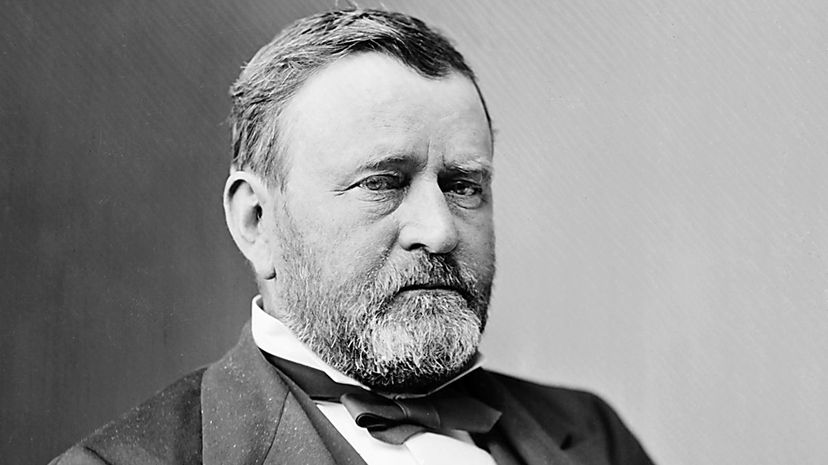
Ulysses S. Grant beat Robert E. Lee and the Confederate Forces in the American Civil War, and he continued on with Lincoln's vision when he became president. He opposed racism and slavery, appointed minorities to public office and led the country during Reconstruction.
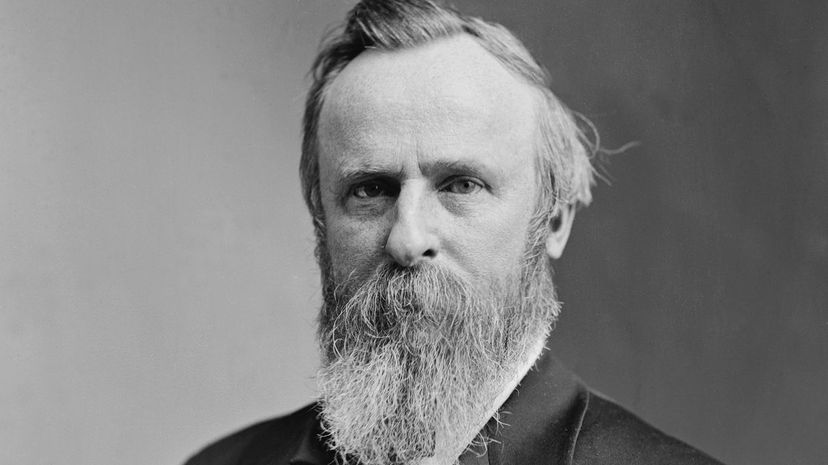
The election of 1876 was the sketchiest in U.S. history, to say the least. No candidate won the needed amount of electoral votes and nobody could as 20 electoral votes were tainted by fraud. The South wanted Tilden. The North wanted Hayes. An unwritten deal called the Compromise of 1877 promised to pull troops out of the South and end Reconstruction as long as Hayes assumed the presidency. That's what happened.
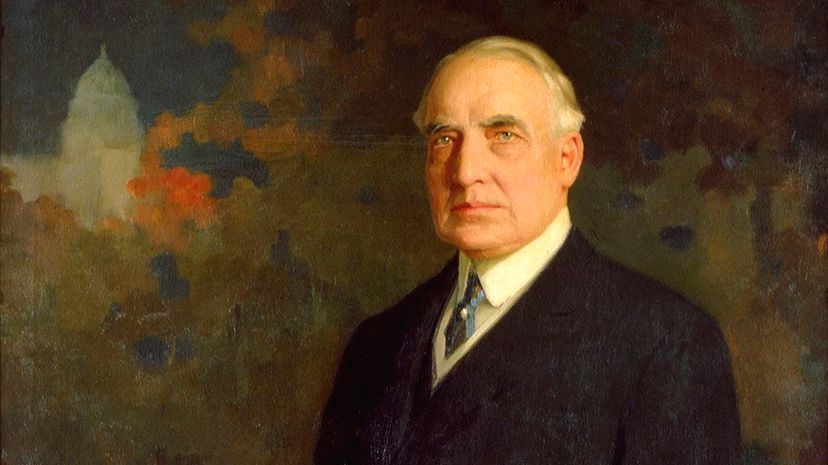
Luckily for Warren G. Harding, he was able to live a scandal-free life, but as soon as he died, an avalanche of scandals piled upon his presidency and smothered his legacy. He's now known for having a child out of wedlock and having an affair with his secretary.
Advertisement
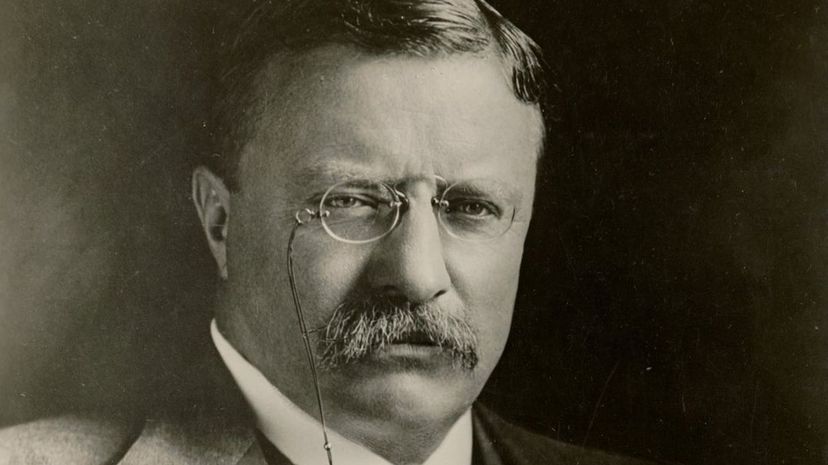
Legend has it that Theodore Roosevelt refused to kill a captured bear while on a hunting trip, calling his fellow hunters "unsportsmanlike." Once word of the story hit the states, someone in Brooklyn began making stuffed bears and called them teddy bears.
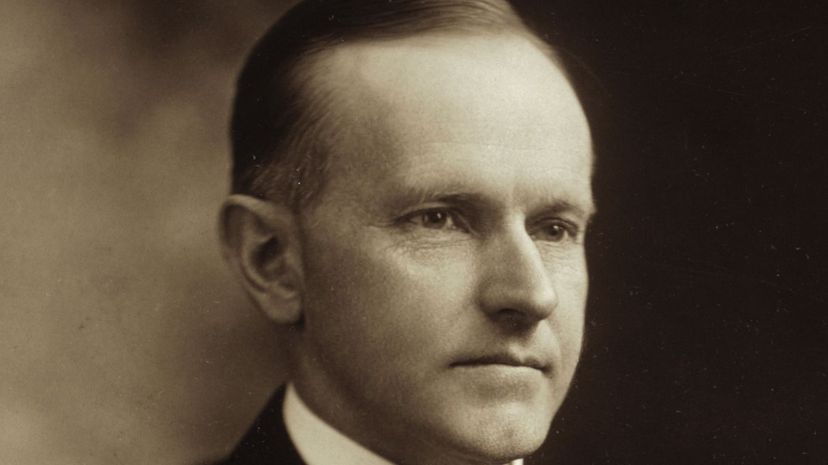
Calvin Coolidge assumed the presidency after Warren G. Harding died while in office, and he won his own election in 1924. He only served one term because he didn't want to run in 1928, saying that if he won, he'd be in Washington too long for one man to handle.
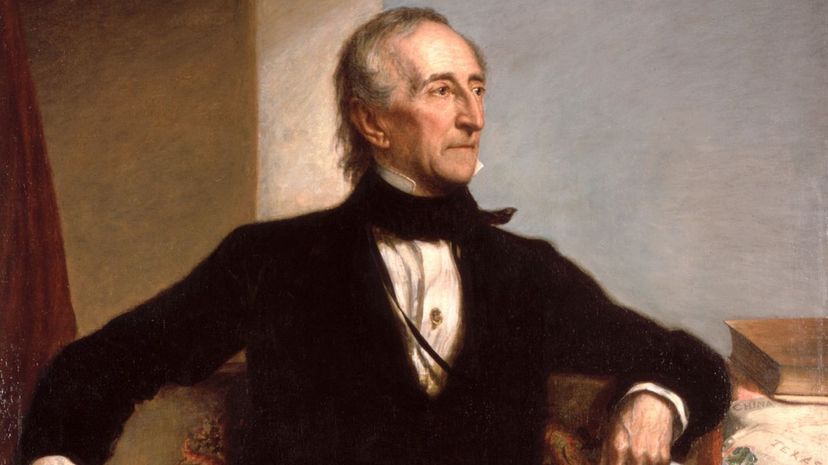
John Tyler was the country's 10th president, and he was the first vice president to assume office after the sitting president, Harrison, died. President Harrison died just one month into office, so although Tyler only served one term, he served longer than anyone who wasn't elected.
Advertisement
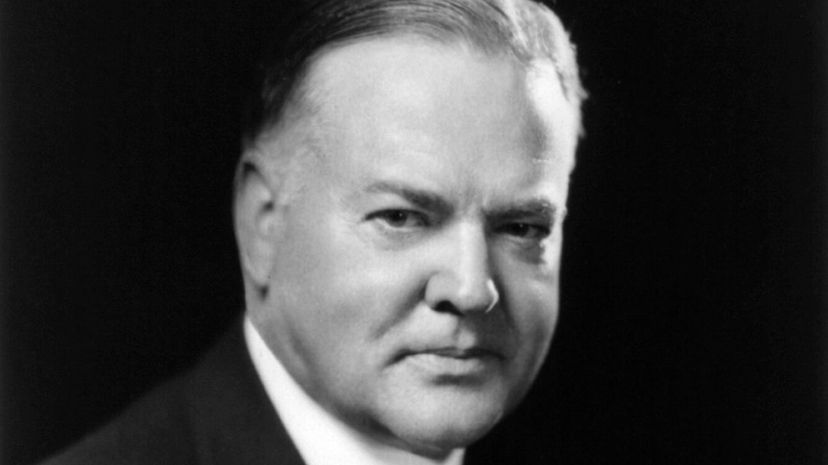
Herbert Hoover served one term from 1929 to 1933, and the Hoover Dam was built between 1931 and 1936. It was originally known as the Boulder Dam, but it was renamed the Hoover Dam in 1947. He lost to F.D.R. in 1932 and isn't considered one of the country's better presidents.
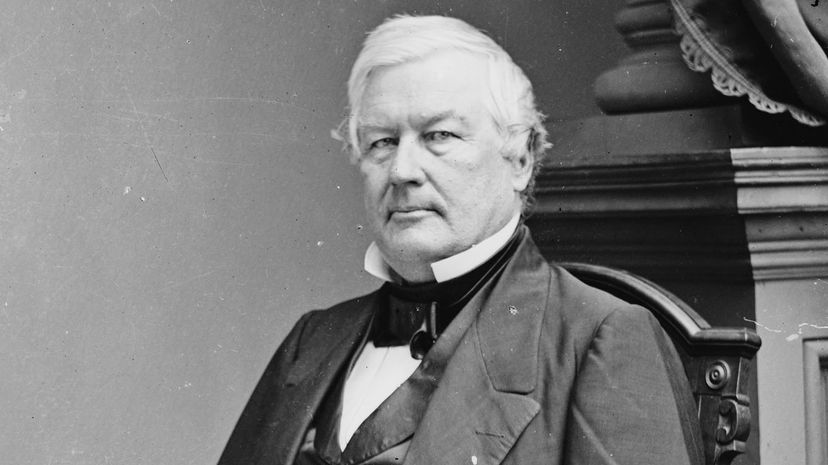
You don't meet many people named Millard anymore, and President Fillmore took over when Zachary Tyler died in office. He served until 1853. Fillmore was the last ever Whig president. Every president since him has been part of the Republican or Democrat party.
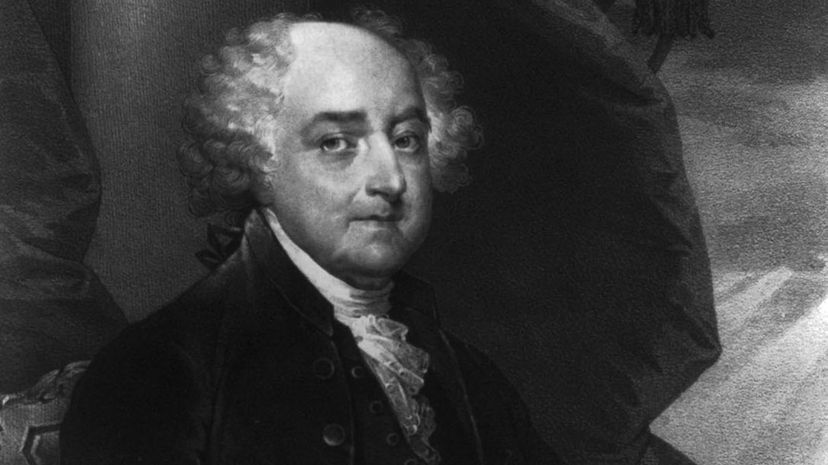
John Quincy Adams served just one term and lost a contentious re-election campaign to Andrew Jackson. Jackson positioned himself as a "common man" compared to the Adams family who had been American royalty for decades.
Advertisement
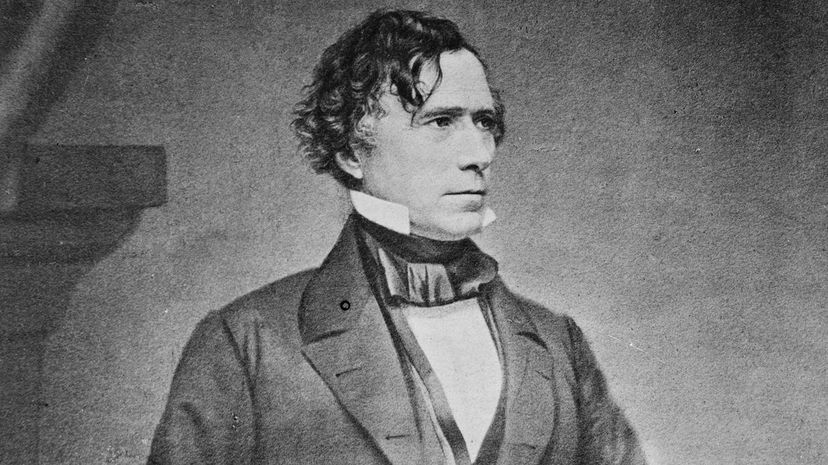
It's really difficult to defeat a sitting president, but in 1857, the Democratic Party abandoned its candidate, who was already president, and nominated James Buchanan instead. Buchanan won, and it's the only time a party didn't support its candidate and actually won the presidency.
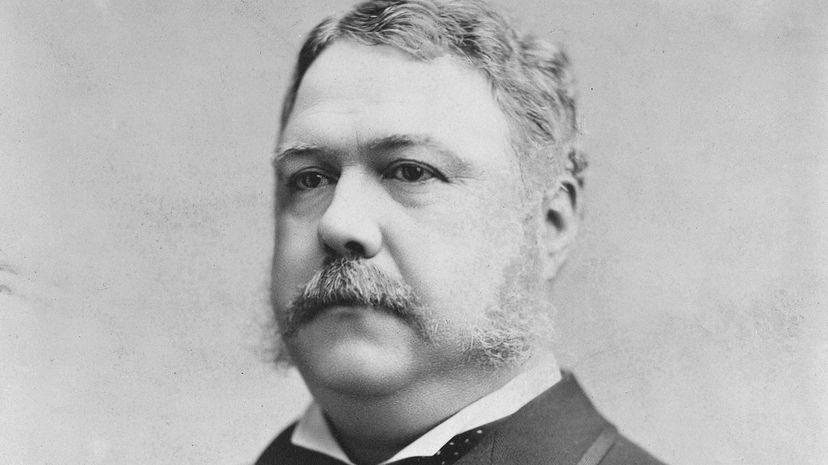
Chester Arthur was the 21st POTUS, finishing James Garfield's term in 1885. He did not seek re-election and was succeeded by Grover Cleveland. He wasn't able to get much done and had a tough time dealing with Southern Democrats after Reconstruction.
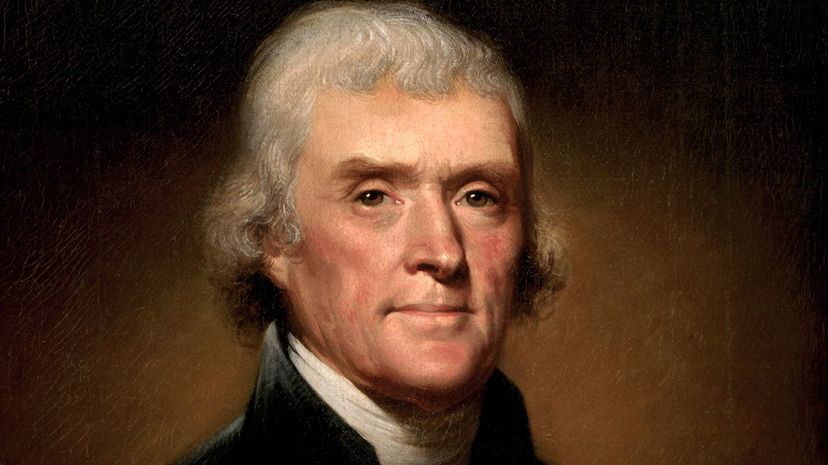
In 1915 and 1941 there were separate proposals to name an entire state after Thomas Jefferson. New Mexico, Arizona, Alaska and Hawaii joined the Union around these times and very likely could have been called Jefferson.
Advertisement
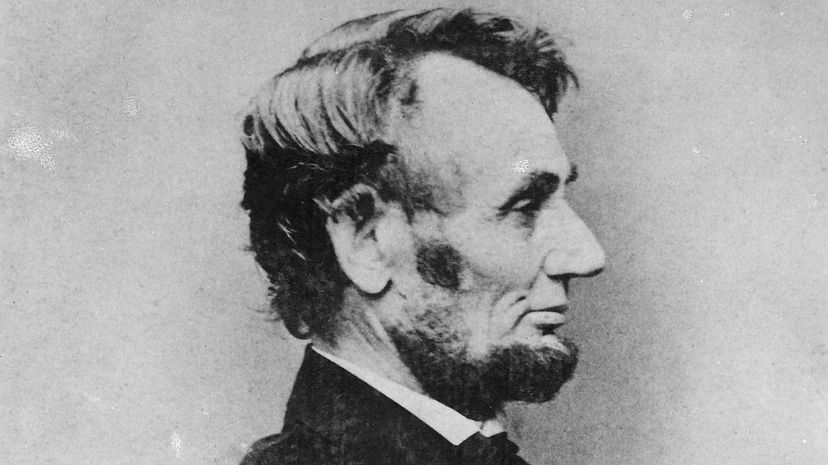
Abraham Lincoln led the country through its darkest hours, and for that reason he is regularly considered one of the best American presidents. Aside from the Lincoln Memorial, he's immortalized on Mount Rushmore, and his nickname was Honest Abe.
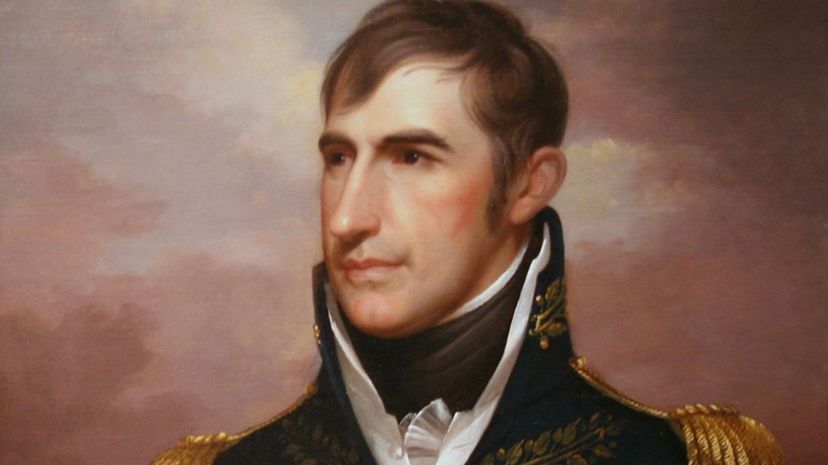
William Henry Harrison died just 31 days into office. Doctors don't know what exactly happened, and while folklore says his decision to dress light during bad weather at his inauguration led to pneumonia, that's not confirmed.
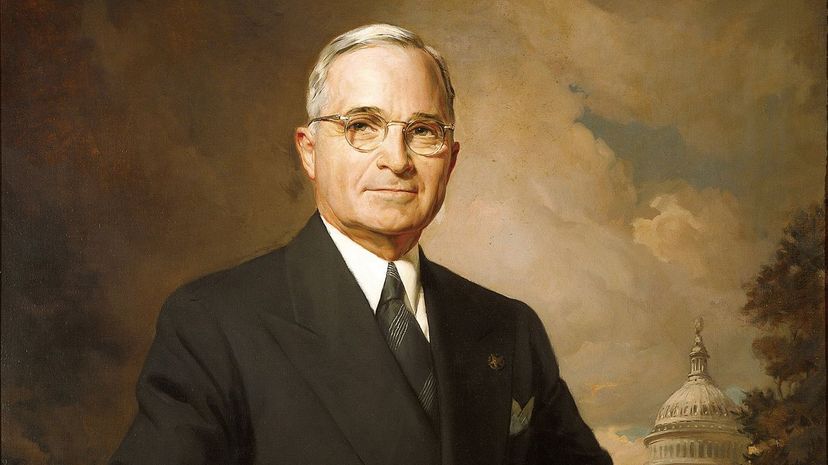
F.D.R. was just weeks into his fourth term as president when he died, allowing Truman to take over. His administration was known for scandal, but he was able to pull off a surprise victory in the next election to win a term on his own.
Advertisement
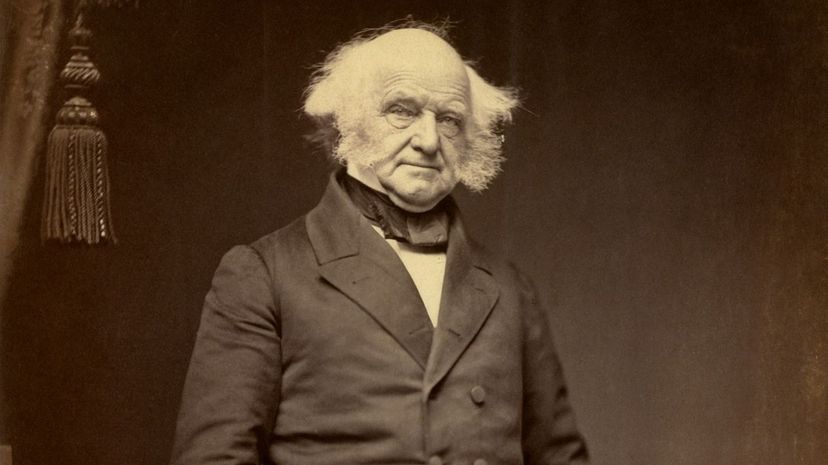
Martin Van Buren served one term from 1837 to 1841, and as he was born in 1782, he came into the world at the tail end of the country's creation. The American Revolution officially ended in 1783. Van Buren served as governor of New York prior to the presidency, and his legacy lives all over the state.
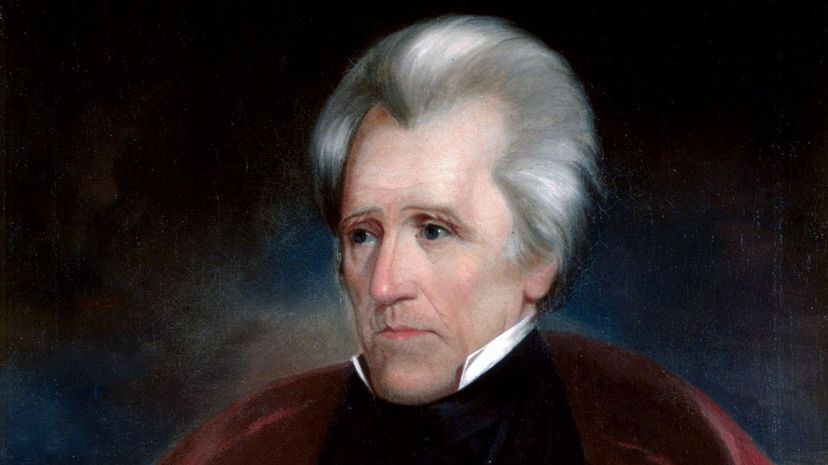
Andrew Jackson was a war-hero-turned-president and is now considered one of the better leaders in U.S. history. He appears on the $20 bill and was integral in the creation of the Democratic Party, which deemed itself the party of the common man although it supported slavery. Jackson was the first Democrat president.
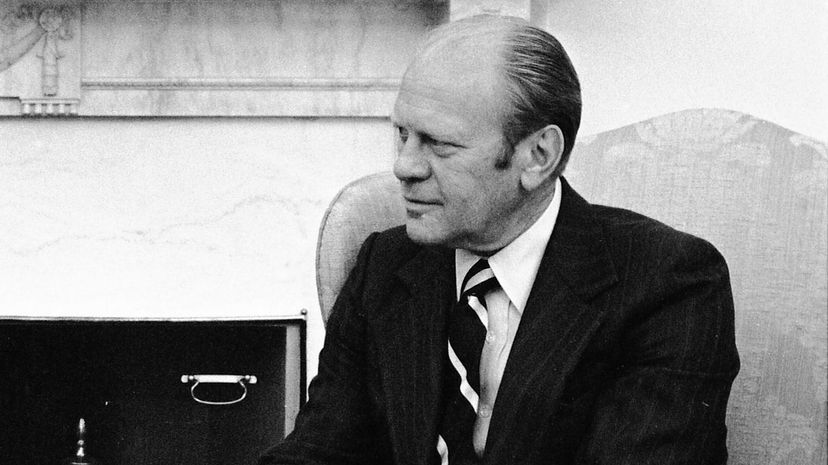
Gerald Ford became the country's 40th vice president when Nixon's V.P. Spiro Agnew resigned. Ford then became the 38th POTUS when his boss, Richard Nixon, resigned. Ford served until 1977 and lost his election bid to Jimmy Carter.
Advertisement
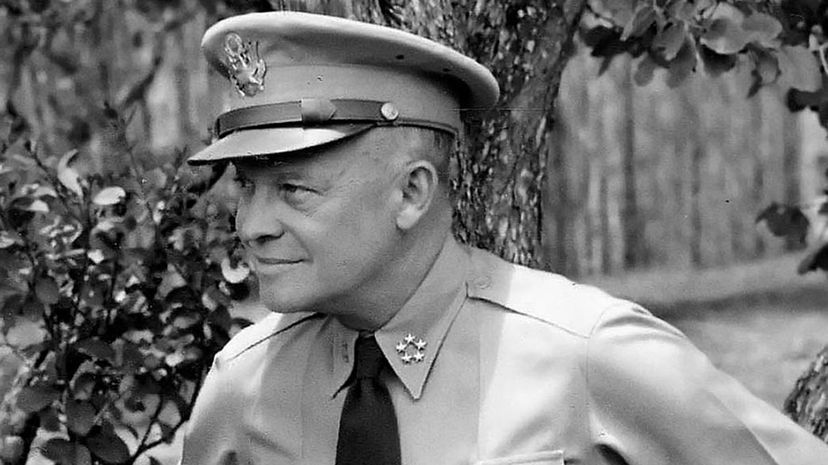
Dwight "Ike" Eisenhower is regularly listed as one of the better American presidents. He commanded Allied Forces during major invasions in WWII, making him a national hero. In the mid '50s he called racial discrimination a national security risk, saying enemies around the world could use it to launch propaganda attacks within the states.